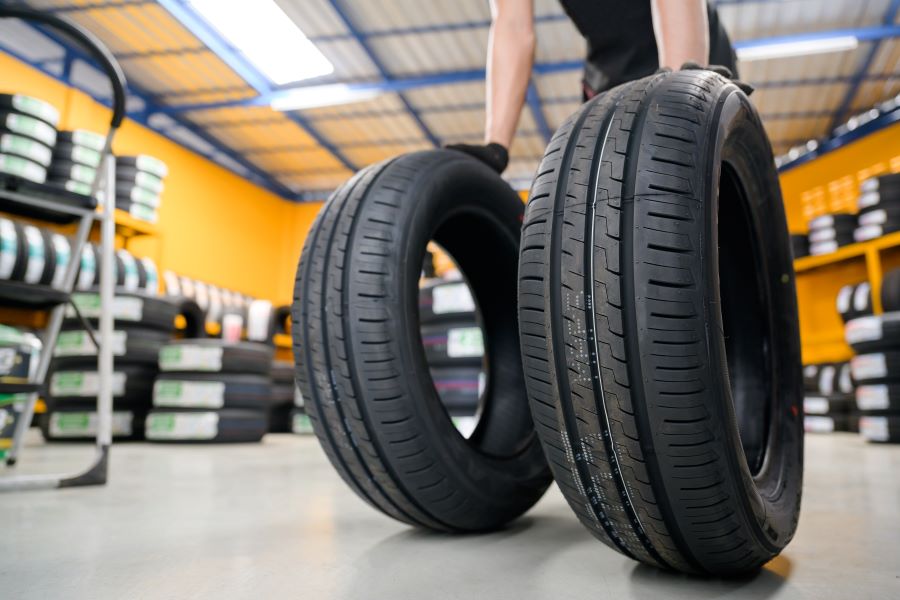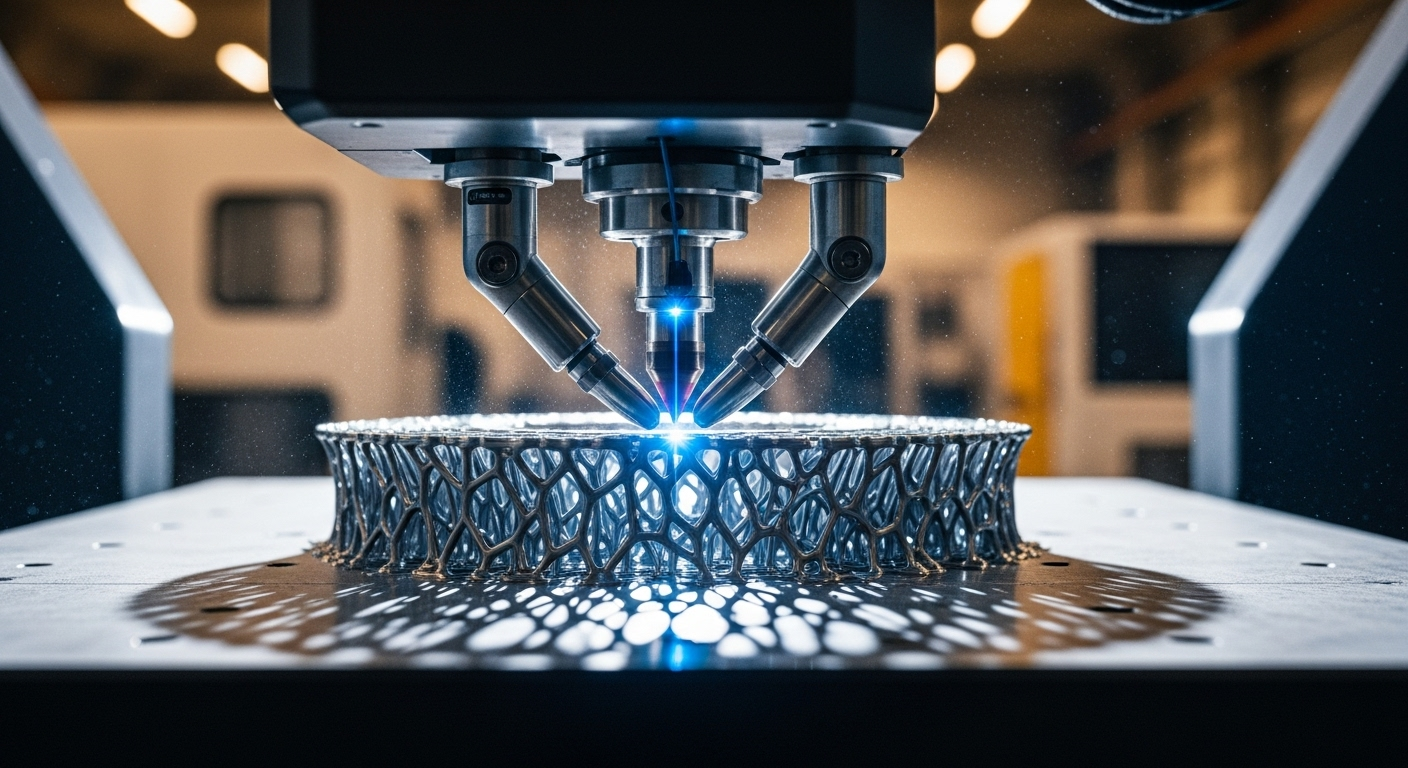Discover Car Mechanic Job Opportunities in Germany
For individuals residing in Germany and fluent in English, a career as a car mechanic presents a compelling opportunity. This profession is recognized for its potential to offer higher pay compared to many other job sectors. By gaining insights into available roles within this industry, one can make informed career decisions that align with personal aspirations.

Understanding the German Automotive Industry Landscape
Germany hosts some of the world’s most renowned automobile manufacturers, including Volkswagen, BMW, Mercedes-Benz, and Audi. This strong manufacturing presence creates a substantial need for maintenance and repair services throughout the country. The German automotive service sector includes dealership service centers, independent repair shops, and specialized maintenance facilities. Mechanics in Germany typically work within a structured apprenticeship system that combines classroom learning with hands-on experience, preparing them for various specializations from general repair to systems-specific expertise.
Essential Skills and Qualifications for Aspiring Mechanics
The path to becoming a car mechanic in Germany typically begins with a formal apprenticeship program known as “Kfz-Mechatroniker” (automotive mechatronics technician). This dual education system combines workplace training with vocational schooling and generally takes three to three-and-a-half years to complete. Apprentices divide their time between practical work at a garage or dealership and theoretical education at a vocational school.
Key qualifications and skills include:
-
Minimum completion of Hauptschule or Realschule (secondary school education)
-
Strong technical aptitude and mechanical comprehension
-
Basic mathematics and physics knowledge
-
Problem-solving abilities and analytical thinking
-
Physical stamina and manual dexterity
-
Growing importance of electronics and diagnostic technology skills
-
Basic German language proficiency (B1-B2 level minimum for foreign applicants)
The German system places significant emphasis on formal qualifications, with certification being highly regarded in the employment market.
Career Development and Advancement Opportunities
After completing the initial apprenticeship, automotive mechanics in Germany have several advancement paths. Many choose to pursue further education to become a Meister (master craftsperson), which allows them to supervise apprentices and potentially operate their own business. This qualification requires additional training and examinations but opens doors to higher positions and increased earnings.
Other advancement options include:
-
Specialization in specific vehicle systems (transmission, electronics, diagnostics)
-
Brand-specific certifications from manufacturers like BMW or Mercedes
-
Technical leadership roles in larger service centers
-
Workshop management positions
-
Technical education roles at vocational schools
-
Advanced specializations in areas like hybrid/electric vehicles or classic car restoration
The German automotive industry also recognizes the increasing importance of continuous professional development, especially as vehicle technology rapidly evolves.
Working Conditions and Employment Environment
Automotive mechanics in Germany typically work in well-equipped facilities with strong emphasis on safety and precision. The standard workweek ranges from 35-40 hours, though service centers may require shift work or weekend hours to accommodate customer needs. The work environment prioritizes organization, cleanliness, and adherence to strict quality standards.
Most mechanics find employment in:
-
Franchised dealership service departments
-
Independent repair workshops
-
Specialized maintenance facilities
-
Fleet maintenance operations
-
Technical inspection stations (TÜV)
-
Vehicle manufacturing plants (maintenance roles)
The profession involves physical demands, including standing for extended periods, working in various positions, and occasionally lifting heavy components. Modern workshops increasingly incorporate ergonomic considerations and equipment to reduce physical strain.
Compensation and Benefits in the Automotive Mechanic Field
Compensation for automotive mechanics in Germany varies based on qualifications, experience, location, and employer type. According to industry data, the approximate salary ranges are:
| Experience Level | Approximate Annual Gross Salary (€) | Monthly Gross Salary (€) |
|---|---|---|
| Apprentice | 9,600 - 14,400 | 800 - 1,200 |
| Entry-level | 30,000 - 35,000 | 2,500 - 2,900 |
| Experienced | 35,000 - 45,000 | 2,900 - 3,750 |
| Master Mechanic | 45,000 - 60,000+ | 3,750 - 5,000+ |
Prices, rates, or cost estimates mentioned in this article are based on the latest available information but may change over time. Independent research is advised before making financial decisions.
Benefits typically include health insurance, paid vacation (minimum 24 working days annually), pension contributions, and often additional perks like continued education allowances or performance bonuses. Many larger employers, particularly manufacturer service centers, may offer additional benefits such as company discounts or supplementary insurance options.
Geographic location significantly influences compensation, with urban areas and southern states like Bavaria and Baden-Württemberg generally offering higher wages compared to eastern regions or rural areas.
Preparing for a Career in Automotive Mechanics in Germany
For those considering this field, preparation should include researching education options and requirements. International applicants should be aware that foreign qualifications may need formal recognition through Germany’s recognition process. Language proficiency is essential, as technical manuals, customer interactions, and training materials are typically in German.
The profession requires ongoing adaptation to new technologies, particularly with the industry’s shift toward electric vehicles, advanced driver assistance systems, and computerized diagnostics. Prospective mechanics should develop fundamental technical skills while maintaining flexibility to evolve with the changing automotive landscape.




